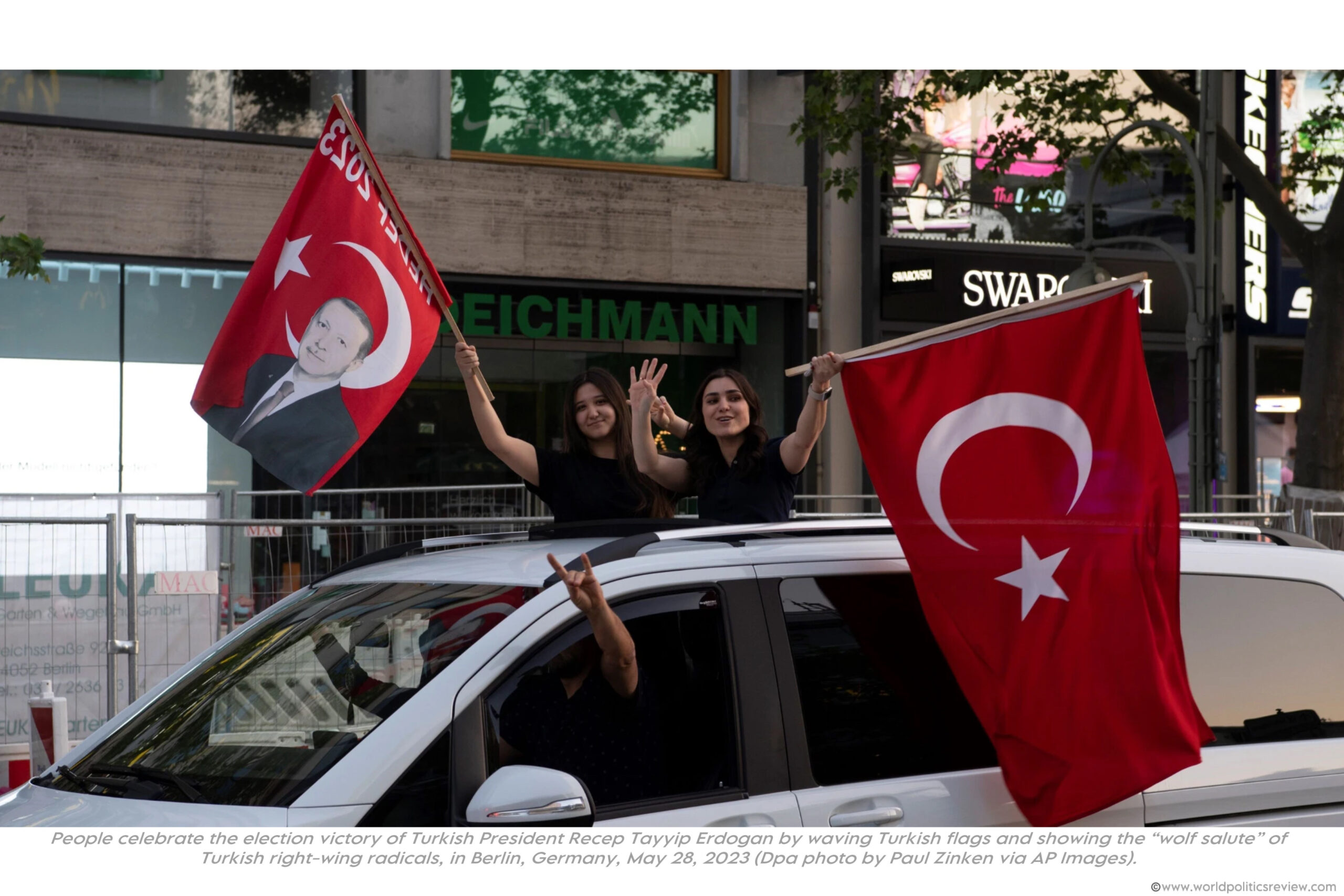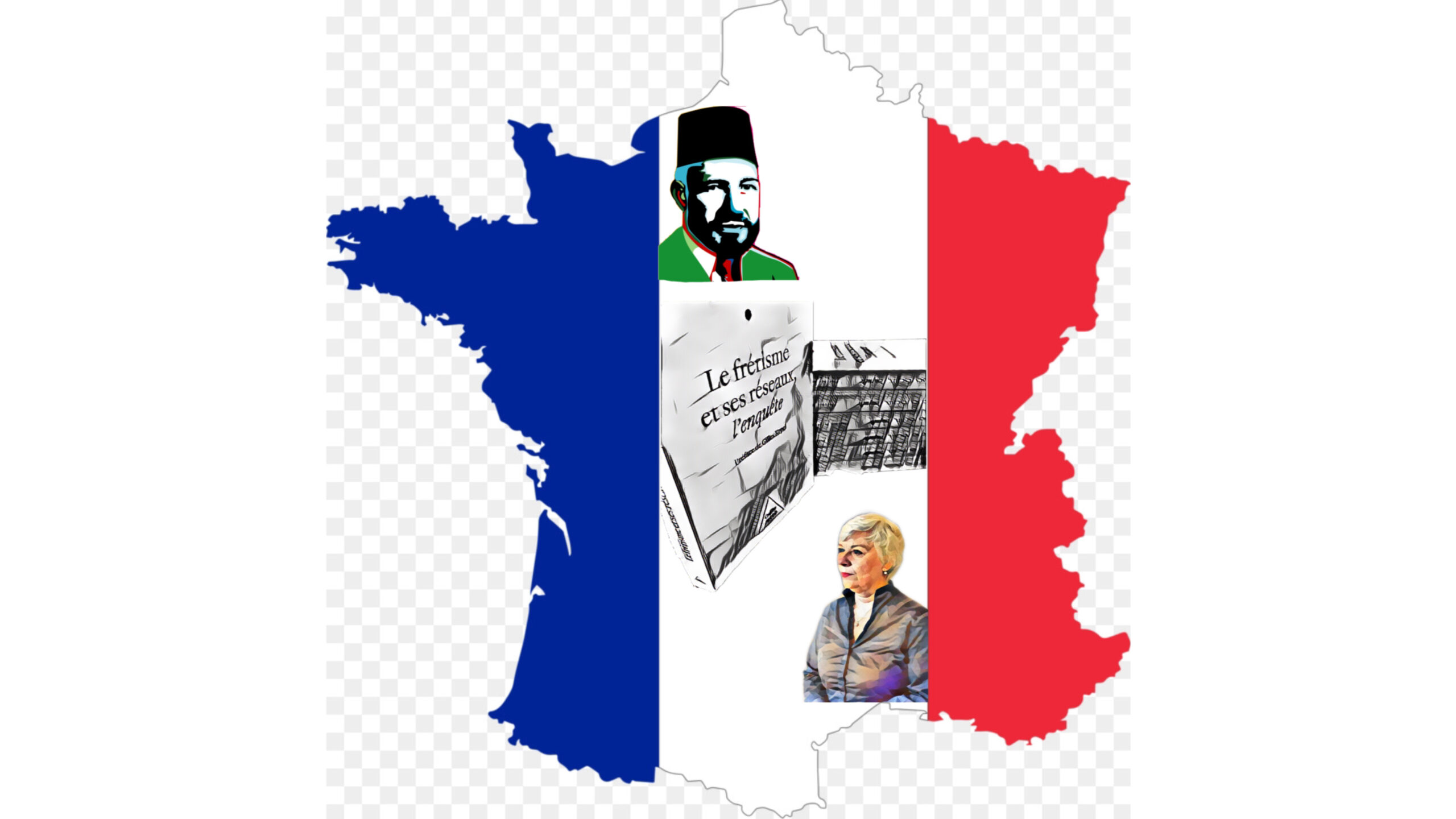Influential figures from the world of politics and the arts added their voices to the protests by Muslims worldwide over the caricatures of the Prophet Mohammed that were published in the European media as the holiest day for Shiites, Ashura, was observed in various countries. Polish Nobel Peace Prize laureate Lech Walesa condemned the publication of a caricature of the Prophet Mohammed by a top-shelf Polish national daily newspaper. The legendary freedom fighter of the 1980s anti-communist Solidarity trade union criticized the “disturbing activities of media in Poland, propagating texts impinging on the good principles of respect and value for religious convictions … which strike Muslims in a painful manner.” Two Nobel Prize-winning authors blasted the media that published the caricatures as irresponsible or arrogant in interviews with the Spanish daily El Pais. “It would not be a question of censoring oneself, but of using common sense,” said Portugal’s Jose Saramago, winner of the 1998 literature Nobel. “This was a conscious and planned provocation by a right-wing Danish newspaper,” said German Guenter Grass, who took the Nobel Prize in 1999. Grass described the Danish publishers of the caricatures as “xenophobic right-wing radicals” and the subsequent violent Muslim protests as “a fundamentalist response to a fundamentalist act.” “Where does the West take that arrogance to impose what must and must not be done?” Grass asked, stressing the relativity of the freedom of opinion in the West where the media are controlled by conglomerates “monopolizing the public opinion.” Others called for a redefinition of the freedom of expression that incorporates “standardized” universally-accepted religious taboos, prominent Muslim scholars said. “There are religious axioms which are enshrined in the well- established international norms and conventions, and the Western world does know they should be respected,” said Ibrahim Ezzedine, chairman of Jordan’s state-run Higher Media Council. The condemnation came as hundreds of thousands of Shiites and followers of the Hezbollah movement marched through the streets of Beirut’s southern suburbs in protest against the caricatures. Several thousand South African Muslims staged a demonstration in the streets of Cape Town. The Muslim Judicial Council (MJC), the body that organized the march, handed to Danish Ambassador Torben Brylle a memorandum calling on the Danish government to apologize to Muslims around the world. Protests were also planned for Hong Kong, the city’s 70,000-strong Muslim community has announced. Meanwhile in Denmark, the newspaper at the centre of the ongoing row refuted reports that it planned to publish anti-Semitic or anti- Christian caricatures, the chief editor said Thursday. Jyllands-Posten’s editor Carsten Juste’s statement was published on the newspaper’s website after a Danish television channel reported that publication was pending this Sunday. Websites have in recent days been set up in Denmark and elsewhere offering people a chance to send an apology to Muslims offended by Jyllands-Posten’s publication as one group of Arab and Muslim youths apologized for the violence that followed the caricatures. The government continued efforts to defuse the crisis Thursday. Danish Prime Minister Anders Fogh Rasmussen was “prepared to listen to all proposals,” a Rasmussen aide told Deutsche Presse- Agentur but was unable to meet Thursday with a parliamentary deputy of Turkish origin to discuss an idea of Turkey mediating in the ongoing row over the controversial Mohammed cartoons. In a related development, Aarhus police said they would not pursue a complaint of blasphemy filed against Jyllands-Posten over the publication last September of the controversial caricatures. In Norway, the Muslim al-Jinah Foundation filed a police complaint against Vebjorn Selbekk, chief editor of Christian weekly Magazinet that recently reprinted the Mohammed caricatures. In Iran, Vice President Isfandiar Rahim Mashaee denied US accusations that his country was inflaming Muslim anger against the West over the caricatures. “It’s a lie, 100 per cent baseless,” Mashaee told reporters after meeting with his Indonesian counterpart, Vice President Yusuf Kalla, in Jakarta. Secretary of State Condoleezza Rice on Wednesday accused Iran and Syria of stoking anti-Western sentiment among Muslims for their own purposes. Attempts to publish the controversial caricatures in the Muslim world have met fierce opposition. Malaysian cabinet members demanded the immediate suspension of a major newspaper after it reprinted the caricatures. The editor of the English-language Sarawak Tribune had resigned Sunday after admitting to approving the publication of the caricatures. Station directors, editors and journalists were suspended from their posts at two Algerian television stations because their news programmes showed the Mohammed caricatures. An American university professor in the United Arab Emirates was fired after distributing among her students a copy of the caricatures, saying her action was within the rights of “freedom of opinion and expression.” Protests in the Muslim world took a back seat as Shiites celebrated their holiest festival, Ashura, that commemorates the martyrdom of Mohammed’s grandson, Imam Hussein, who they believe to be the prophet’s true successor. Hundreds of thousands of Iraqi Shiites marched in the holy city of Karbala in tribute to Hussein who was killed in battle there in the year 680. Clashes between Shiite and Sunni Muslims in the western Afghan city of Herat left at least four people dead, while violence also clouded Ashura commemorations in Pakistan, where at least 12 people were killed and 20 wounded when two bombs ripped through a procession of Shiite Muslims in the Hangu district of North-Western Frontier Province, 245 kilometres west of Islamabad.
Intellectuals Condemn Mohammed Caricatures






